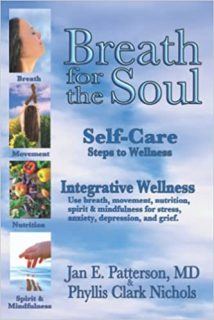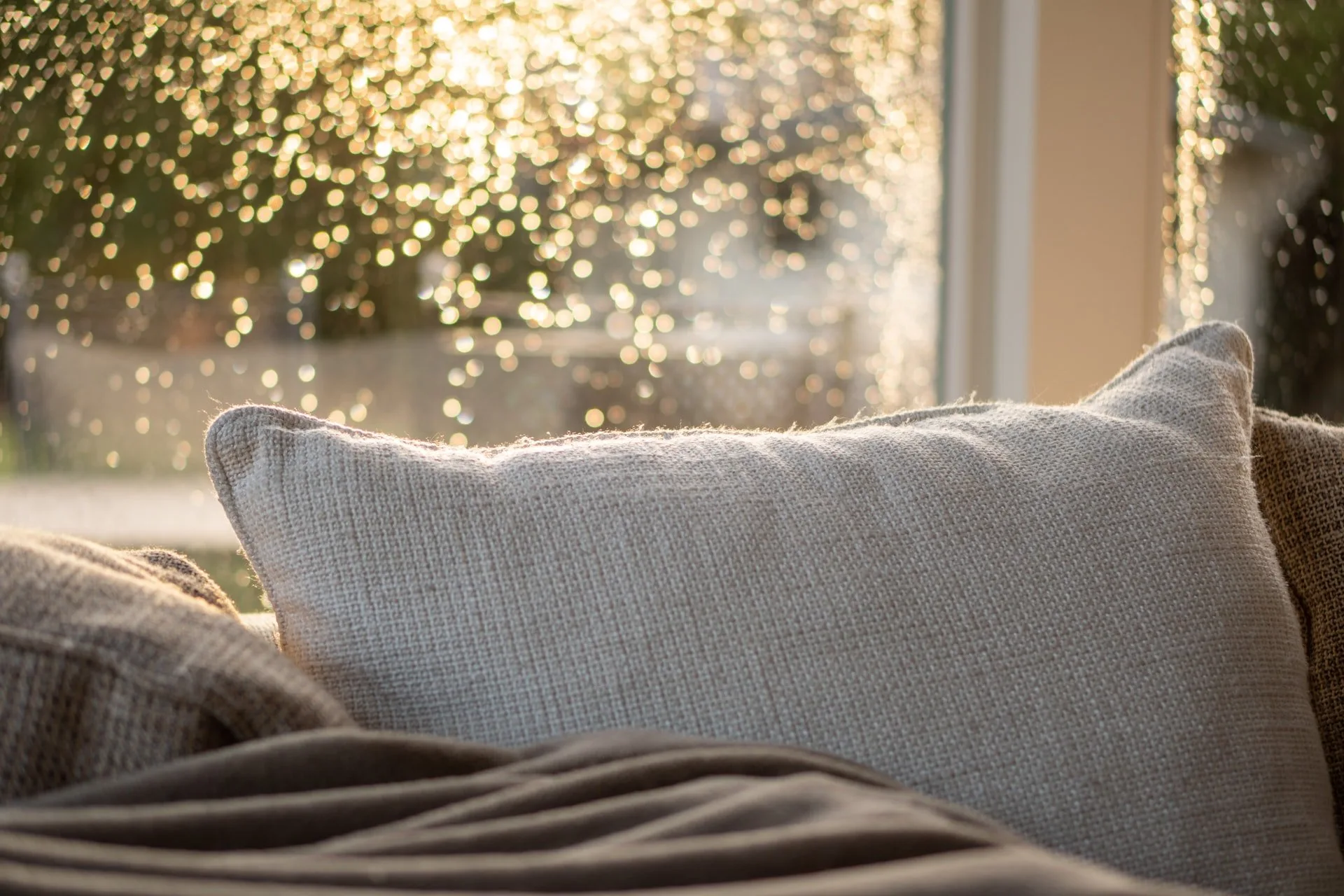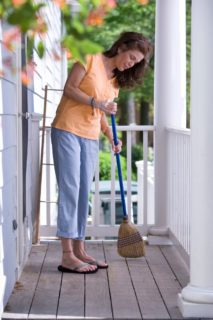For the month of December, millions of people find themselves at home. Sometimes with others. Sometimes alone. Voluntarily or not… Here are 7 wellness habits we learned over time that help improve wellness and longevity, ultimately while resting or recovering in anticipation of a happier New Year.
7 Wellness Home Habits
Believe it or not, being cooped up at home won’t prevent you from maintaining a healthy lifestyle. And a holiday is not an excuse to let your health go to the dogs! The last thing you want to do is fall into unhealthy habits that include staying on the couch, clad in pajamas, and eating processed snacks. So, below are some easy, healthy habits that will support your wellness.
1. Get enough quality sleep
Keeping your regular sleep routine is important during these times, as consistency will help to maintain your regular body clocks. This then means better sleep and more energy throughout the day. Additionally, getting enough sleep will help to keep your anxiety and stress levels low.
If you really want to ensure a good night’s sleep, make sure that you unplug and stay away from your screens for at least an hour before bed. Reading a book will help to take your mind off of current events, and it will also help to relax and unwind you.
Moreover, you can also improve your sleep quality by using aromatherapy. For example, jasmine and lavender oils are believed to help make you fall asleep deeper. To get the most out of this method, you can use diffusers to quickly fragrance your room with your favorite essential oils.

Another way to help you get enough quality sleep is to avoid sleeping pills. Although these are known to help you doze off faster, they’re said to reduce sleep quality. So, it’s best to refrain from using them.
2. Eat a healthy diet at home
Holidays can often breed unhealthy eating habits, as can a change in normal routines. In fact, a high-stress environment can have you reaching for comfort food that’s not necessarily the healthiest. Typically than not, comfort foods turn out to be processed foods such as cookies, salted crisps, and biscuits.
In addition to not being the best for your mental health, junk food can also affect your immune system, making it more vulnerable to diseases and illnesses.
So, it’s important that you consume a diet rich in antioxidants and other essential nutrients that can help to protect your health and even boost immune function.
Additionally, you also now have the opportunity to spend more time in the kitchen. Aside from being more conscious of what you’re placing in your body, cooking your own meals is also a great way to lose weight without exercising or adopting a fad diet.
You can enjoy food and drink… Here’s how
By the way, we are sharing a lot of healthy recipes over this period on our website. Click on our Food tab and you will find a stack of healthy, delicious food ideas.
Try this recipe: Healthy Holiday Recipe: Quinoa Salad With Roasted Veg & Spinach
 When it comes to alcohol, it’s important to keep your consumption moderate. You may find yourself wanting to enjoy an extra glass, especially during these times, but it’s essential to keep it to a glass a day. Not doing so can impact immune function. Rather, do your best to stay hydrated by steering clear of sugary drinks and alcohol, instead opting for 6-8 glasses of water each day.
When it comes to alcohol, it’s important to keep your consumption moderate. You may find yourself wanting to enjoy an extra glass, especially during these times, but it’s essential to keep it to a glass a day. Not doing so can impact immune function. Rather, do your best to stay hydrated by steering clear of sugary drinks and alcohol, instead opting for 6-8 glasses of water each day.
Oh yes, and the great news is there are so many more zero alcohol substitutes available. You can read more here:
Non-Alcoholic Beer: The New Weight Loss Elixir?
3. Journal your way to wellness on quieter days
Journaling regularly has been proven to improve your overall mental health and well-being. Really thinking about what you are grateful for daily can take the experience of journaling up a notch. It might sound time-consuming and potentially difficult, but in reality, keeping a gratitude journal is pretty simple. If you’re anything like me, you’ll immediately think it’s complicated, but it really needn’t be. You can write down as little as a couple of words to explain what it is you’re grateful for each day.
You don’t have to go into a huge amount of detail but, if you want to, you can. There aren’t any rules; you decide how long the list is each day and whether to make it detailed or simple. The great thing about journaling is that it’s a relatively easy habit to form and will give back in terms of benefits.
A gratitude journal allows you to look back on all the good things when you’re feeling particularly low. This can serve to raise your spirits and remind you just how much you have to be grateful for.
4. Breath your way to a higher power
Yes, you should do your best to keep your routine as normal as possible. However, over this time, it’s also important that you still take the opportunity to literally switch off and relax.
Turning off the news and doing a quick breathing exercise can help to stabilize your mood and clear your mind of any clutter, especially clutter that is increasing your anxiety.
If you’re struggling with your breathing technique, or you’re looking to move towards meditation, apps like Headspace and Calm are extremely helpful.
Read more about breath work
Now is a great time to pick up a good book or watch a YouTube video and improve your breathing techniques. We recommend this self-care book, as we interviewed Dr. Jan Patterson about her new book, Breath for the Soul: Self-Care Steps to Wellness.
Dr. Jan Patterson Discusses Self-Care Steps To Wellness

Breath for the Soul
5. Keep your mind active
Keeping your mind engaged is a great way to maintain your mental well-being. That said, don’t shy away from solving problems like Sudoku and crossword puzzles.
However, if newspaper brain games aren’t really your thing, you can also try to get in touch with your creative side. This may be the perfect time to learn a new skill. Don’t shy away from perfecting your drawing skills, knitting something for yourself, or even learning a new language.
In fact, research published in the journal Psychological Science found that learning a new skill can help to boost your cognitive performance, reducing the risk of dementia.
6. Tidy up your home
Marie Kondo is the star of Netflix’s hit series ‘Tidying Up with Marie Kondo’. In the show, the best-selling author shares how audiences can organize and declutter their homes. Aside from creating a cleaner space, spring cleaning and decluttering can also provide you with many health benefits.
In her best-selling book, The Life-Changing Magic of Tidying Up, Kondo explains how the Japanese art of tidying up can help us clear our lives and homes of clutter which, in turn, does wonder for our health.
Benefits of Tidying Up
Reduces stress
A study published in Personality and Social Psychology Bulletin found that a cluttered and disorganized home can increase stress levels – as if you didn’t already have enough to worry about.
Improves symptoms of depression
According to the same aforementioned study, cluttered homes seem to leave their occupants increasingly depressed throughout the day.
The same study found that coming home to an organized and clean space can help improve mood and even reduce the risk of depression.
Tidying up keeps you fit
Staying fit and active is challenging on its own, and it’s made even harder during a pandemic. However, you may be surprised to know that household chores such as cleaning are their own effective workout. In fact, research from Indiana University found that those who are motivated to clean are more likely to be motivated to exercise.
Improves focus
It can be hard to focus in a disorganized space, with one study from Princeton University presenting that a cluttered space can make it harder to concentrate. So, if you’re working from home, it’s best that you do so in a clutter-free environment – especially if you want to get any work done.
Reduce allergies.
Battling with allergies? Well, a study by the American College of Allergy, Asthma, and Immunity found that keeping your home clean and decluttered can help you avoid allergy symptoms.
7. Stay in touch with people who care
We all celebrate the festive season differently, depending on family situation, religion, or status. Keeping in contact with loved ones is an important way to ensure connection. However, this act should serve you and not be obligatory and stressful.
Be it a short, emoji-filled message, a 30-minute voice call, or a two-hour FaceTime call as you watch the final episode of Love Is Blind, just do your best to stay in touch with those closest to you.
Closing remarks
If you’re stuck at home over this festive break, you can take the time to adopt wellness habits that will support you better in the New Year.




![women [longevity live]](https://longevitylive.com/wp-content/uploads/2020/01/photo-of-women-walking-down-the-street-1116984-100x100.jpg)










